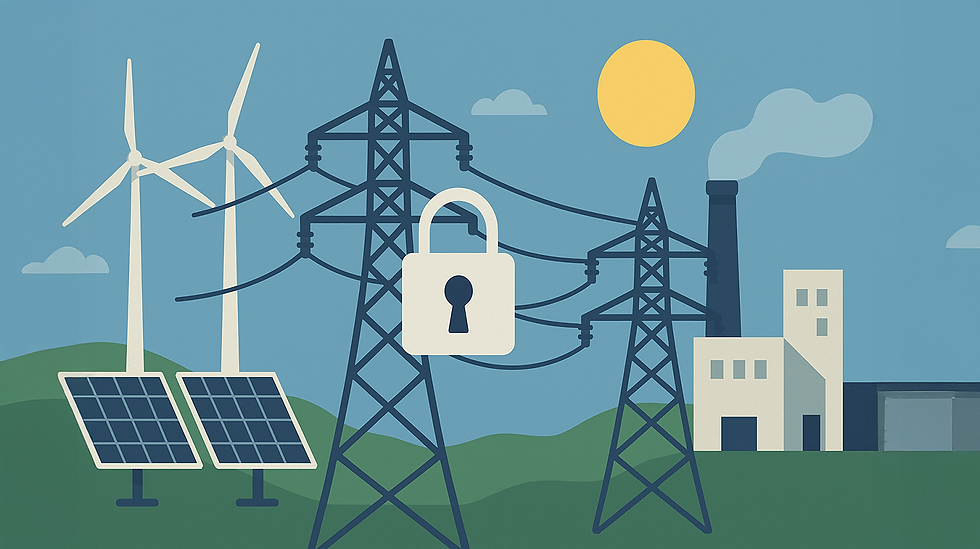How Marine Waste is Threatening Fish Populations
- Yaein Choi

- Aug 15, 2024
- 2 min read

Beneath the ocean’s surface, marine waste is silently wreaking havoc on fish populations, posing a significant threat to the health and sustainability of marine ecosystems. Fish, which are a crucial part of the aquatic food chain and a vital resource for humans, are increasingly impacted by the growing tide of plastic pollution and other debris in the ocean. The effects of marine waste on fish are both direct and indirect, leading to alarming consequences that could disrupt the balance of life in our oceans.
One of the most immediate ways marine waste affects fish is through ingestion. Fish often mistake small plastic particles, known as microplastics, for food. These microplastics are prevalent in the ocean, having broken down from larger pieces of plastic waste. When fish consume these particles, they can suffer from digestive blockages, internal injuries, and reduced ability to absorb nutrients, which can stunt their growth and lead to increased mortality. Moreover, the ingestion of microplastics also introduces toxic chemicals into their bodies, which can accumulate over time and affect their overall health and reproductive success.
Entanglement is another significant issue, particularly for larger fish and those that inhabit areas near the coastlines or in the open ocean where discarded fishing gear is prevalent. Ghost nets—abandoned or lost fishing nets—pose a deadly trap for fish. Once entangled, fish may be unable to escape, leading to injury, exhaustion, or death. Even if they do manage to free themselves, the physical damage caused by entanglement can impair their mobility and ability to hunt or avoid predators, ultimately reducing their chances of survival.
The presence of marine waste also disrupts the habitats that fish rely on for spawning, feeding, and shelter. Coral reefs, mangroves, and seagrass beds—critical environments for many fish species—are increasingly smothered by plastic waste, which blocks sunlight and reduces the oxygen levels needed for these ecosystems to thrive. As these habitats degrade, fish lose essential breeding grounds and feeding areas, leading to declines in population and biodiversity. The loss of these vital habitats has far-reaching consequences, affecting not only fish but the entire marine food web.
Marine waste further impacts fish through the contamination of the water they inhabit. Plastics and other debris often carry harmful chemicals, such as persistent organic pollutants (POPs) and heavy metals, which leach into the water. Fish exposed to these contaminants can suffer from a range of health issues, including hormone disruption, weakened immune systems, and reproductive failures. These effects are particularly concerning because they can lead to declines in fish populations, which are essential not only for the health of marine ecosystems but also for the millions of people who depend on fish as a primary source of protein.
The impact of marine waste on fish is a critical environmental issue that requires immediate attention and action. As consumers, we can help reduce the flow of waste into our oceans by minimizing our use of single-use plastics, supporting sustainable fishing practices, and advocating for stronger regulations on waste management. By taking steps to protect fish from the dangers of marine waste, we contribute to the preservation of marine biodiversity and ensure the continued availability of fish for future generations. The health of our oceans and the creatures within them depends on our commitment to tackling the global crisis of marine pollution.



Comments